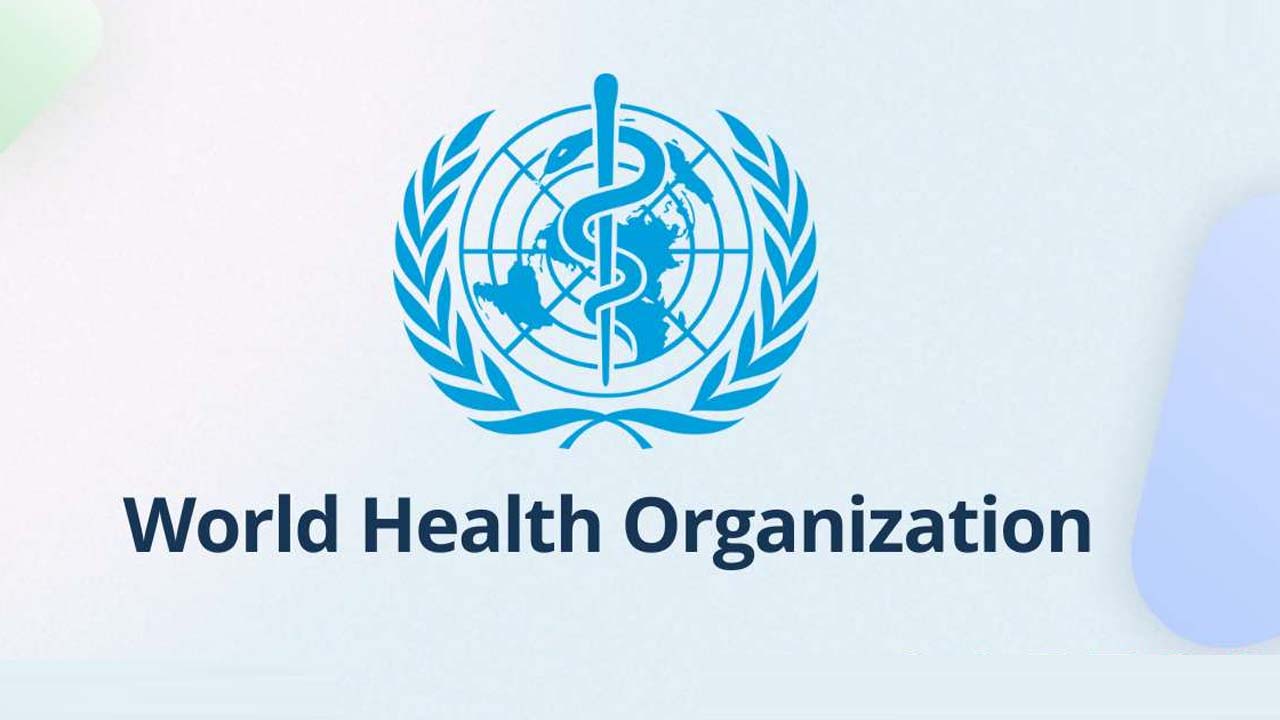
GENEVA: Sinergium Biotech, a developer of bird flu vaccines, will share its research data with manufacturers in low and middle-income countries to facilitate an equitable distribution in the event of a pandemic, the World Health Organization (WHO) announced on Monday
The Argentine biopharmaceutical company is in the early stages of developing mRNA vaccines against the H5N1 virus. Sinergium has committed to sharing its findings with a network of partner manufacturers established by the WHO during the peak of the COVID-19 pandemic to ensure that poorer nations have access to essential medical tools.
This marks the first instance where a partner with a vaccine in development has volunteered to share it with others, according to the WHO, which has previously supported partners without such direct collaboration.
“Interested partners will have the opportunity to start familiarizing themselves with an H5N1 candidate so that in the event of a pandemic, they would already have the necessary tools in place,” said Dr. Martin Friede, head of the WHO vaccine research unit.
The WHO’s mRNA technology transfer hub includes manufacturers in 15 countries, although not all are fully operational. Among those involved are Biovac in South Africa and Institut Pasteur in Senegal.
The South African center was established after major pharmaceutical companies like Moderna and Pfizer declined to share the technical know-how to replicate their Covid vaccines, primarily due to intellectual property concerns.
An outbreak of H5N1 in dairy cows and some farm workers in the United States prompted the U.S. government to award $176 million to Moderna to further develop its bird flu vaccine.
While the WHO has stated that the risk to the public from the avian influenza virus remains low and it is not currently spreading between humans, they acknowledge its potential to cause a future pandemic due to its widespread circulation in animals.
Dr. Friede noted that companies like Moderna and Pfizer could produce vaccines more quickly than those in the WHO program. However, the WHO initiative would enable Sinergium’s partners to begin production relatively swiftly and reduce poorer countries' reliance on aid.
Currently, vaccines for the H5N1 strain spreading among cows in the United States are primarily produced using chicken eggs, a process that would take months to scale up if necessary.
The WHO indicated that Sinergium’s mRNA flu vaccine has not yet been tested in humans and would require human trials before it could be used.





















